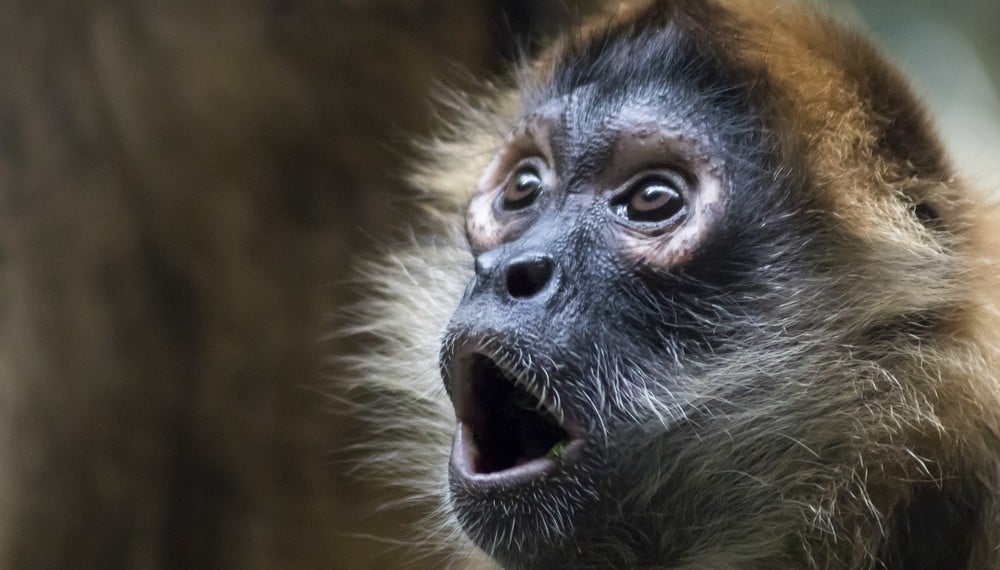Meaning Of Bouche Be: Examples & Translations
Have you ever been so stunned you were left speechless? The French have a perfect phrase for that very feeling: bouche be. It encapsulates the utter astonishment that leaves one momentarily incapable of words, a universal experience expressed with Gallic flair.
Bouche be, literally translating to "open mouth," paints a vivid image of surprise. It's that moment when your jaw drops, your breath catches, and words fail you. From the child mesmerized by a toy store window to the adult witnessing a breathtaking spectacle, bouche be describes that shared human experience of being utterly captivated.
| Term: | Bouche Be |
| Literal Translation: | Open mouth |
| Meaning: | Speechless, agape, dumbfounded, awestruck |
| Part of Speech: | Adjectival phrase |
| Usage: | Used to describe a state of being speechless due to surprise, wonder, or shock. |
| Etymology: | From Old French "ber," meaning to gape or remain open-mouthed. |
| Example Sentences: |
|
| Related Expressions: | Rester bouche be (to remain speechless), tre bouche be (to be speechless) |
| Reference: | WordReference |
Today, the expression "tre bouche be" is incredibly common in French conversation. Its a powerful descriptor, instantly conveying a sense of overwhelming emotion. Think of a child, eyes wide with wonder, staring at a magician pulling a rabbit from a hat. Thats bouche be. Or imagine the stunned silence of a crowd witnessing a gravity-defying feat. Bouche be perfectly captures the collective awe.
The very word "bouche," meaning mouth, is the core of this evocative phrase. Its the gateway to speech, the instrument of expression, and yet, in this instance, it is rendered silent by the sheer force of the experience. The mouth, typically used for eating, speaking, and breathing, becomes a symbol of wordless amazement. Bouche be acknowledges the limitations of language in the face of profound emotion.
The expressions versatility is striking. It can describe both positive and negative surprise, from the delightful shock of a surprise gift to the speechless horror of witnessing an accident. The context dictates the nuance, but the core meaning a profound inability to speak remains constant. This flexibility allows bouche be to be used in a wide range of situations, enriching the narrative and adding depth to the emotional landscape.
In Old French, the verb "ber" meant to remain with an open mouth. This is the root of the expression "rester bouche be," which signifies being so surprised that one is at a loss for words. The phrase has evolved over time, but its core meaning remains powerfully resonant.
Consider a scene from a bustling theatre. A hush falls over the audience as the curtain rises, revealing a spectacular set. For a moment, they are bouche be, captivated by the sheer artistry. Suddenly, a commotion erupts from the back of the theatre, drawing everyones attention. Again, they are bouche be, this time with a different kind of surprise. The same expression perfectly captures two distinct moments of speechless wonder and unexpected disruption.
Bouche be offers a nuanced perspective on the human experience of surprise. It reminds us of the power of the unspoken word and the universality of emotions that transcend language. Whether witnessing a breathtaking sunset, a shocking revelation, or a simple act of kindness, there are moments that leave us bouche be, reminding us of the profound impact of unexpected beauty and unsettling truths.
Bouche be also serves as a cultural window into French expression. It's a reminder that even common emotions can be articulated with unique elegance and descriptive power. By understanding the nuances of such expressions, we gain a deeper appreciation for the richness and diversity of human language.
So, the next time you find yourself utterly speechless, remember the French expression bouche be. It perfectly captures that moment of stunned silence, a testament to the power of experiences that leave us momentarily without words.


